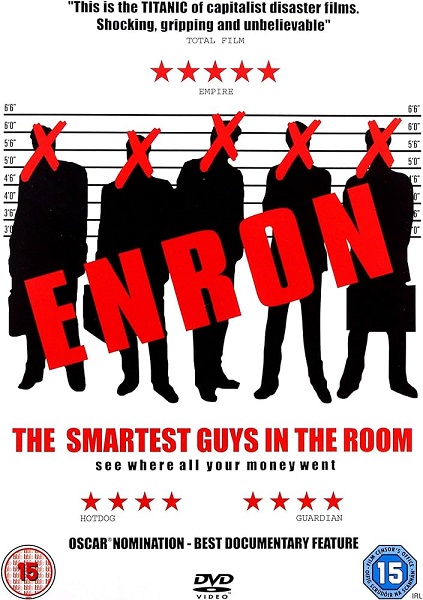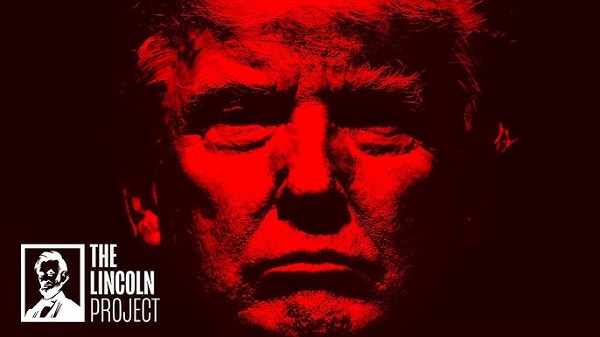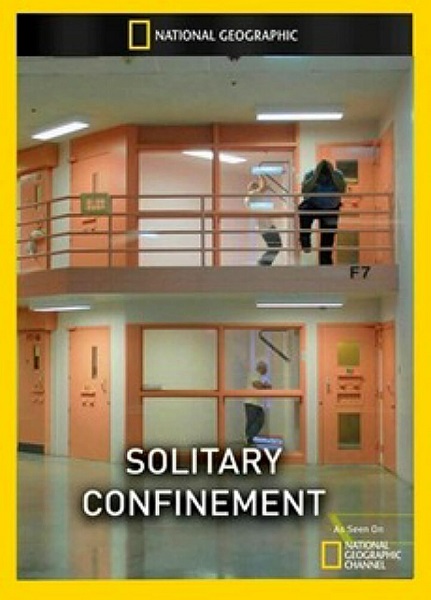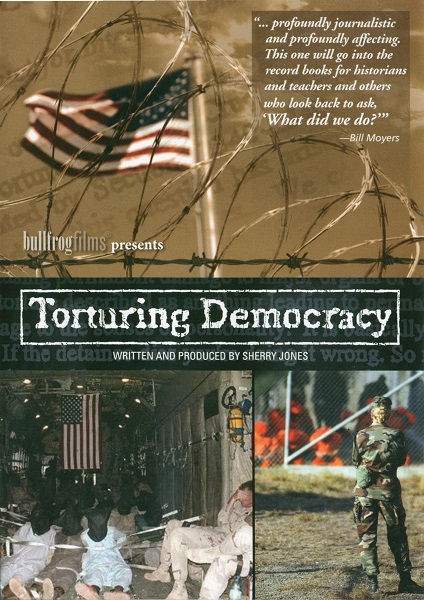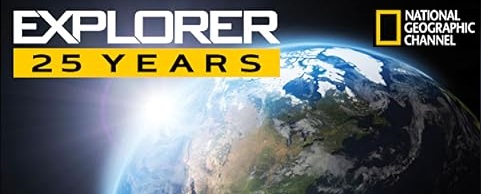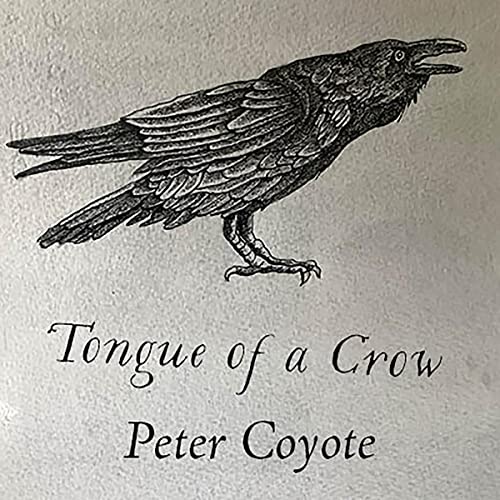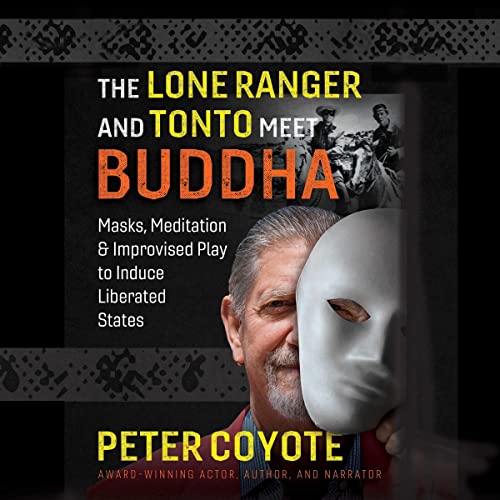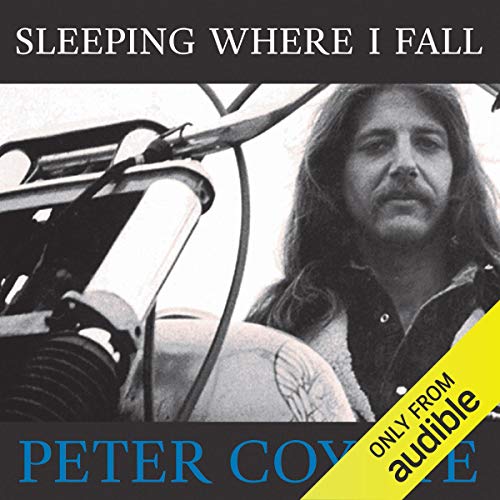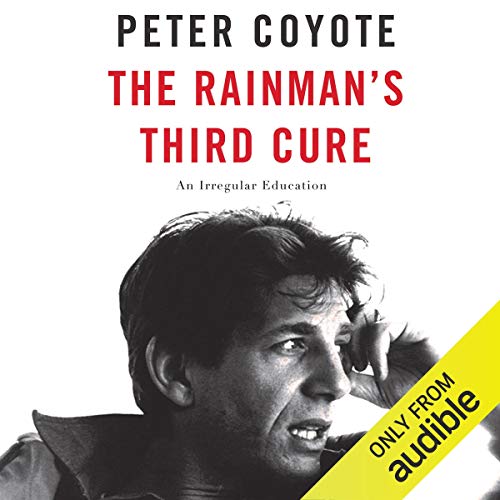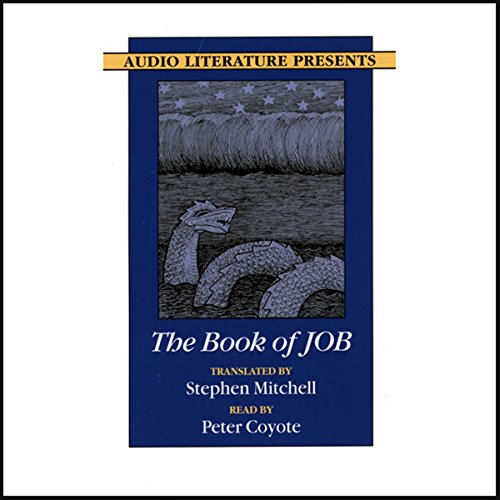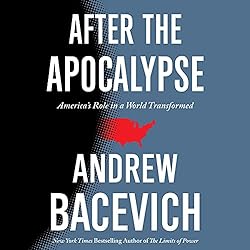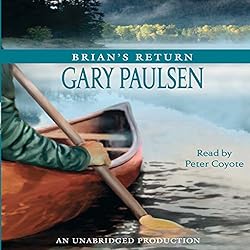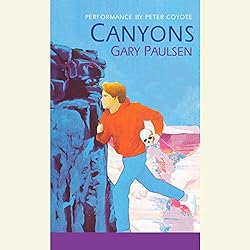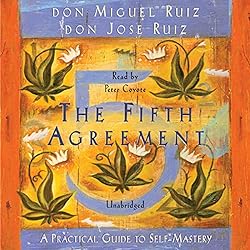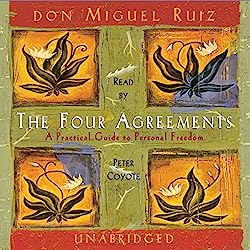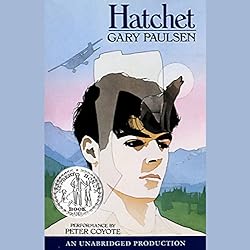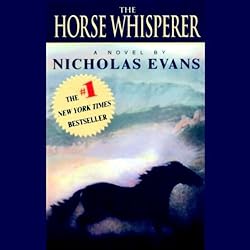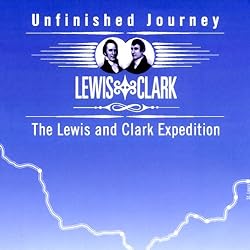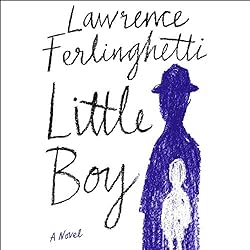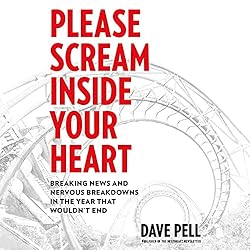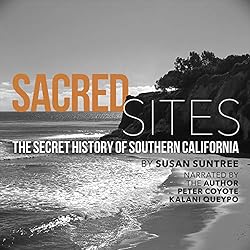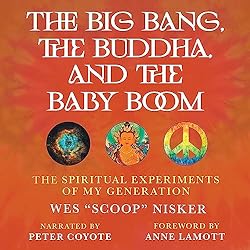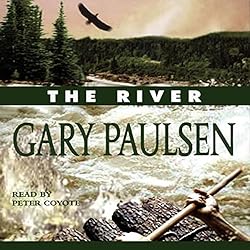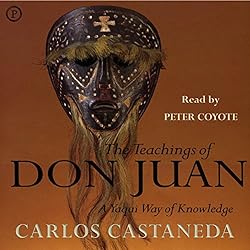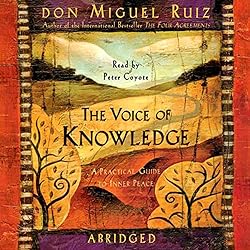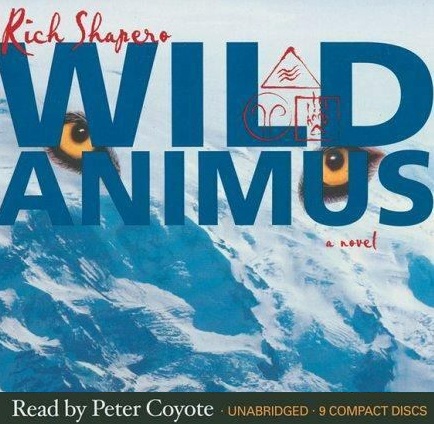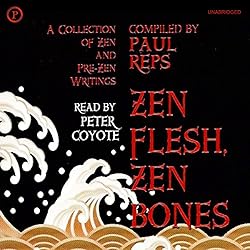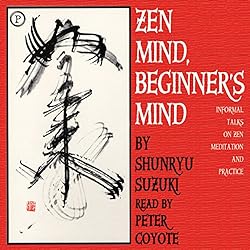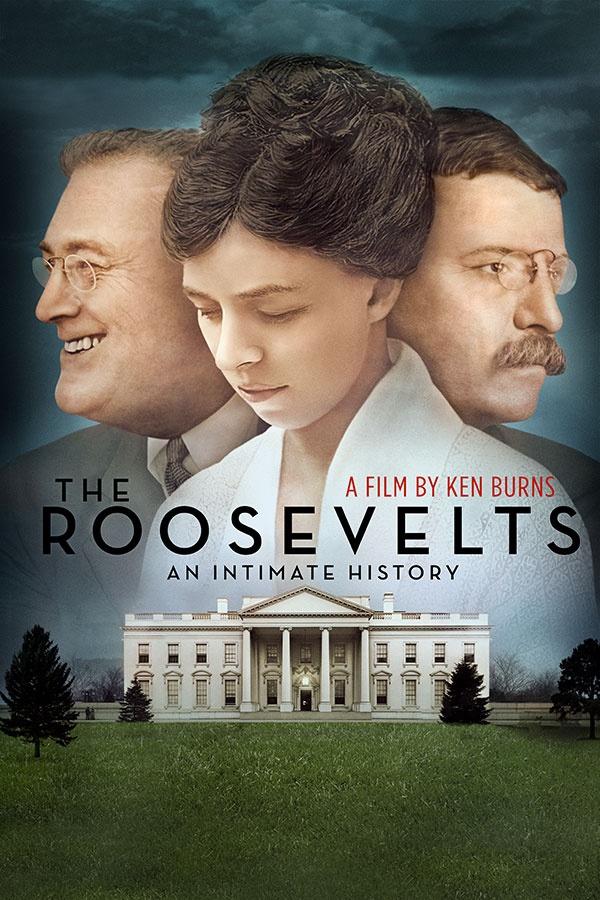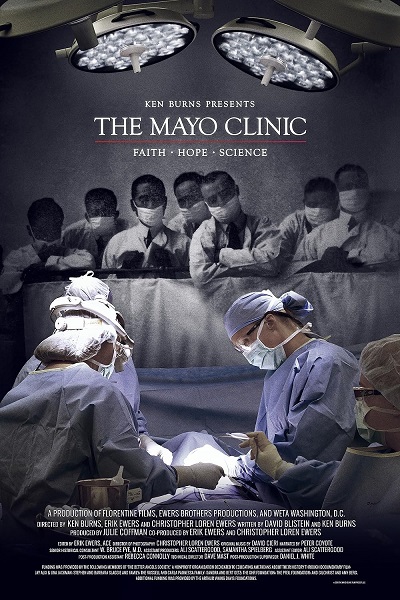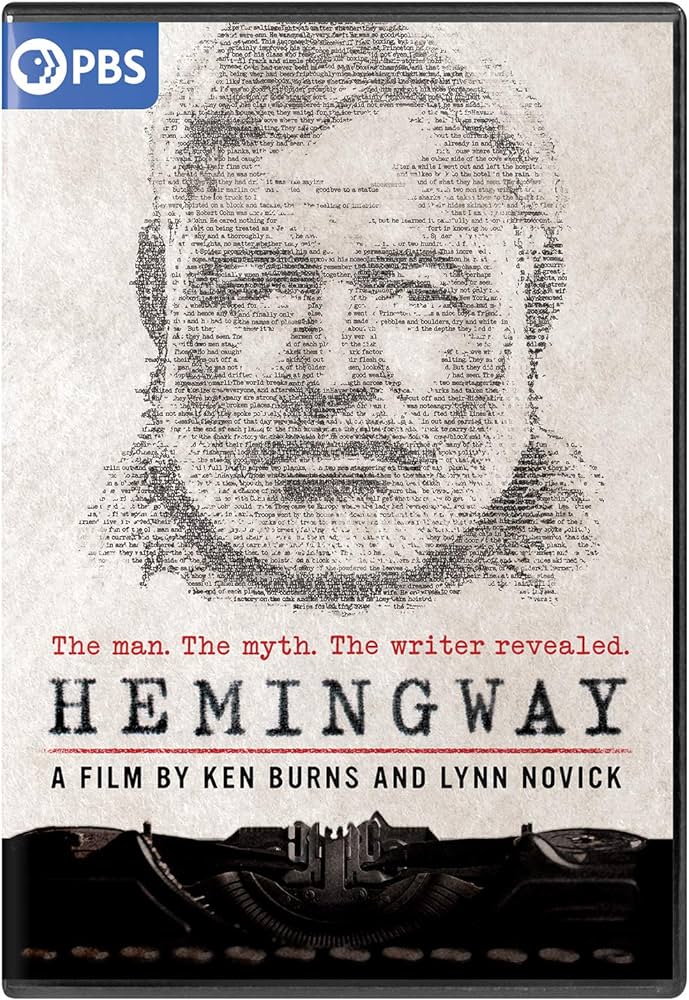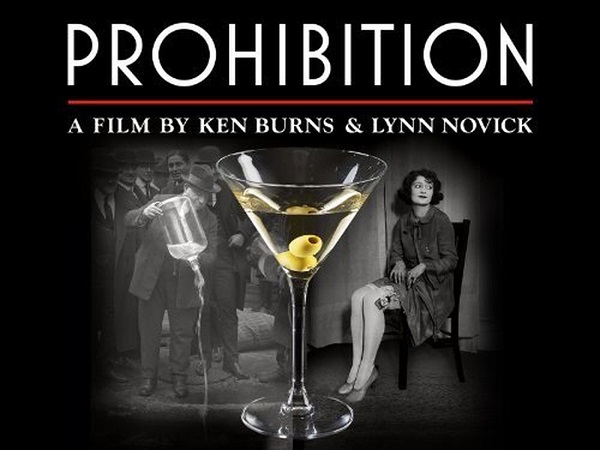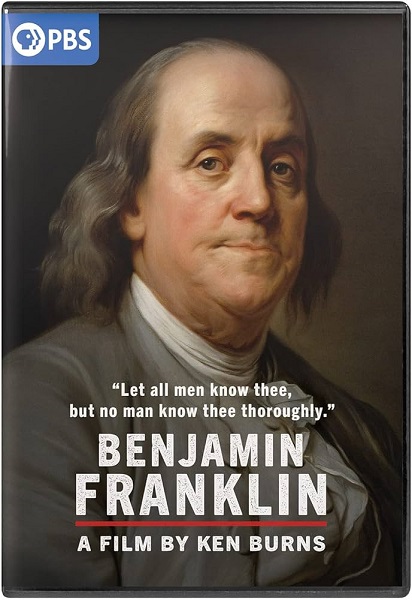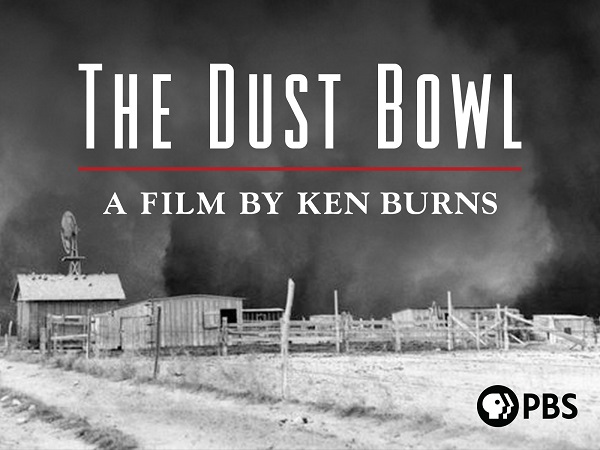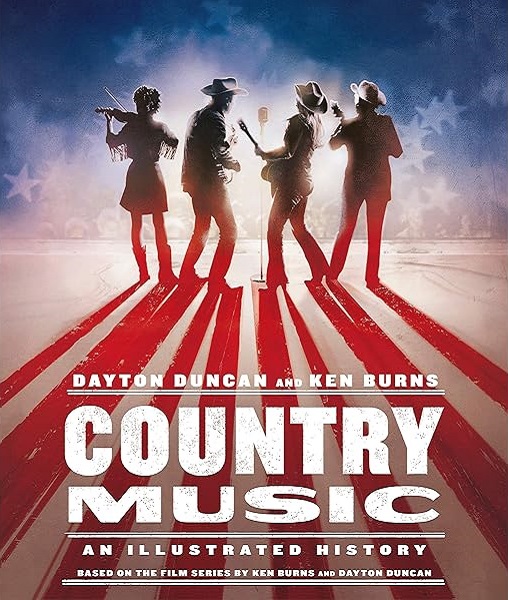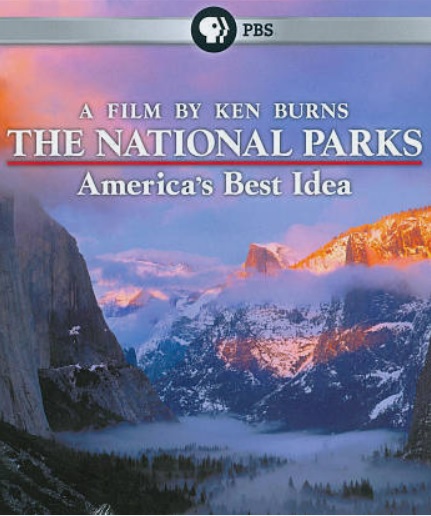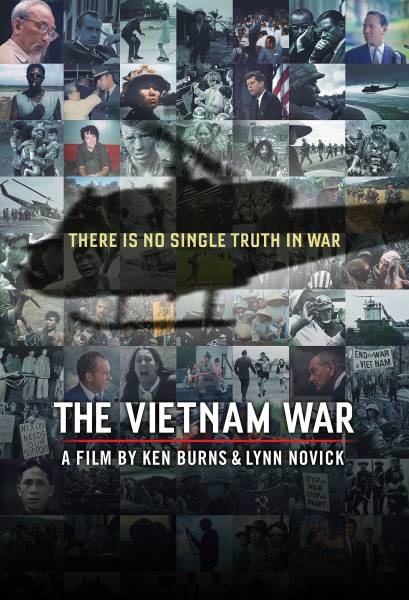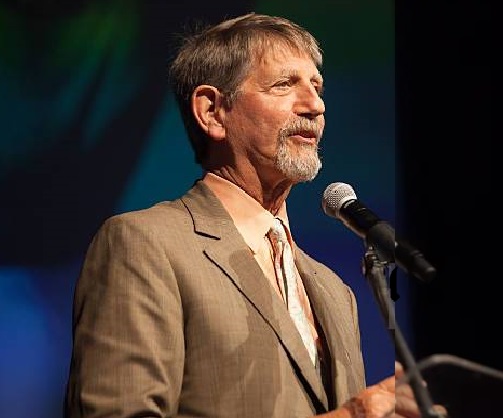
“I was broke after ten years in the counterculture and I needed a way to make some money. I wasn’t an actor at that time, so I made a comedic tape, talking in about 15 different accents, telling people how unreliable and unhireable this guy Peter Coyote was. I walked it around to every ad agency in San Francisco and I started getting work for ads.”
“I got my first Screen Actors Guild card in 1979, and by 1980 I was making five-digit money. After E.T. and Jagged Edge and Outrageous Fortune, I did a lot of ads — General Motors, Chevy, Cadillac, Tylenol, New York Life. Then I did a great movie for Alex Gibney, comparing American labor practices to Japanese labor practices. That may have been one of the first documentaries that really synced totally with my politics and my ideas.”
In 2005, Coyote served as the narrator for several prominent projects including the documentary film Enron: The Smartest Guys in the Room and the National Geographic-produced PBS documentary based on Jared Diamond‘s Guns, Germs, and Steel. He also narrated an episode of the series Lost in April 2006. In 2008, he narrated Torturing Democracy, a documentary produced by PBS which details the George W. Bush administration‘s use of “enhanced interrogation techniques” in the War on Terror.
In 2010 he narrated the documentary Solitary Confinement on the effect of long-term isolation, with footage taken from Colorado State Penitentiary where all prisoners are held this way. Most recently he has provided narration for a number of commercials produced by The Lincoln Project.
Below, you will find just a few of Peter’s favorite narration projects. Click on the cover of each film to learn more about it and where it can be viewed. For the full list of documentaries, please click the button below. To discover more of Peter’s work as a voice artist, please visit his IMDB profile HERE.
Below, you will find just a few of Peter’s favorite narration projects. Click on the cover of each film to learn more about it and where it can be viewed. For the full list of documentaries, please click the button below. To discover more of Peter’s work as a voice artist, please visit his IMDB profile HERE.
Peter Coyote has lent his voice to a plethora of ads and documentaries over the last forty years, but his decades-long relationship with Burns is something special. Excerpts from the interview below is courtesy of Tim Greiving in his interview for Vulture. HERE.
What would a Ken Burns documentary be without its measured, authoritative narration?
Coyote delivers hours of often dense, complex text — full of facts, figures, quotes, and grand unifying ideas — in a manner that Burns refers to as “God’s stenographer.”
Says Ken “Peter’s calm, cowboy-around-a-campfire timbre is basically the voice of America, at least within the orbit of PBS. I’ve always looked for a voice — quite frankly, and there’s no ego involved in this — that’s close to my voice. Not in timbre, not in sound, but in meaning. And no one has come closer to my voice in meaning than Peter. No one.”
Says Coyote “the only area where Ken and I have any kind of instinctive difference is my people are Jews and we’re minor key people. Ken is not. He wants zero performance. But, of course, he also wants me to reflect the gravity of the text when it’s grave, or catch an ironic note when it’s there. I don’t feel like I’m doing a performance. I always do them cold. I never read the scripts in advance.”
Peter narrated Burns’ The Roosevelts: An Intimate History; which saw him win his first Primetime Emmy Award. He also narrated the 12-hour Ken Burns series on The National Parks, and 15 episodes for the National Geographic Explorer series, including In The West, Prohibition, The Dust Bowl, The Vietnam War, The Mayo Clinic, and Country Music.
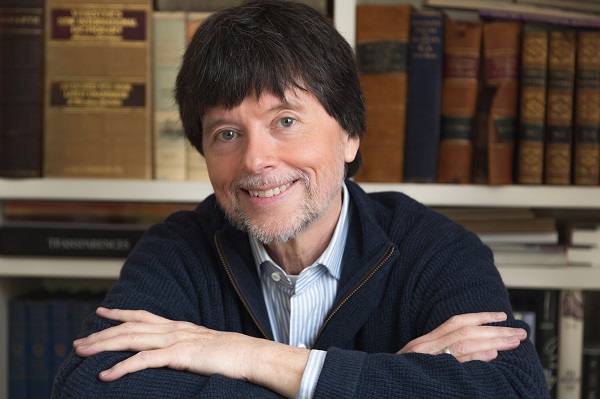
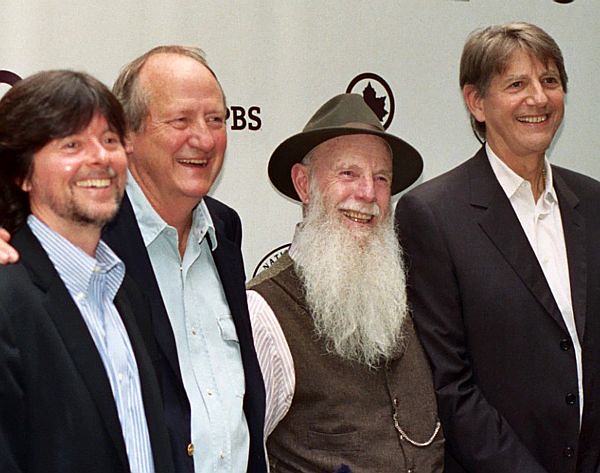
Says Peter, “I’m attempting to be as transparent as possible. My discipline is to harness my own feelings, so that you have free rein to yours. I don’t want you to pay attention to the beautiful quality of my voice, or my articulation, or anything like that. I want to just be there to serve that film. Really, man, I’m a Jew with an animal name who reads good.
Says Peter, “These guys have been out there for years working, fact-checking, thinking. And there are many ways in which I’m far to the left of Ken. The Vietnam series began by saying: “The war was begun by good people for good motives and went bad.” My leftie friends went ballistic. “Good people? They’re fascist bastards! How can you do that?” And my rejoinder was: “There are about six or seven truly radical analyses of Vietnam in documentary film, and both people who saw them loved them. But Ken Burns got the entire country to sit around and learn that five presidents lied to them, that generals lied to them, we invaded a sovereign country, and we killed 3 million people.” If I had come in with “The fascist bastards started their war …” the majority would have changed the channel. I’d like Ken to hit harder sometimes. But he’s the master. And in fairness, he gets the Koch brothers to pay for it.”


